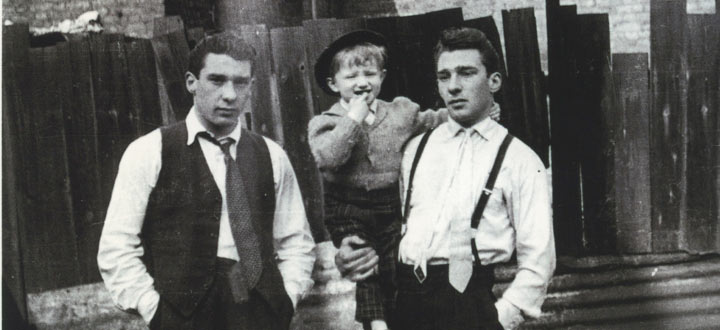 The QS World University Rankings by Subject for 2015 has placed a number of University of York departments in the top 50 and top 100.
The QS World University Rankings by Subject for 2015 has placed a number of University of York departments in the top 50 and top 100.
The Sociology department is officially in the top 100 departments in the world.
 Alex Simpson is going to be presenting at the European Society of Criminology annual conference in September 2015.
Alex Simpson is going to be presenting at the European Society of Criminology annual conference in September 2015. |
| The real game gets filtered by the imaginary. OlegDoroshin / Shutterstock.com |

 Holly Steel is presenting a paper at the International Visual Methods Conference in Brighton in Sept 2015. She will be sharing work drawn from her thesis by exploring 'Violence on a Loop: The ethics of researching graphic content from conflict zones'
Holly Steel is presenting a paper at the International Visual Methods Conference in Brighton in Sept 2015. She will be sharing work drawn from her thesis by exploring 'Violence on a Loop: The ethics of researching graphic content from conflict zones' Anaïs Duong-Pedica presented at a conference for the first time two weeks ago. The conference was entitled ‘Tales and Totems : Myths and Lineage in Goddess Scholarship’ and was organised by the Association for the Study of Women and Mythology.
Anaïs Duong-Pedica presented at a conference for the first time two weeks ago. The conference was entitled ‘Tales and Totems : Myths and Lineage in Goddess Scholarship’ and was organised by the Association for the Study of Women and Mythology.
 The Department of Sociology at York is delighted to announce the publication of the latest paper to come out of a study of interactions in UK Jobcentres, funded by the Department for Work & Pensions in 2007-2009. The paper forms part of a Special Issue on "Labour Market Policy at Street Level" in the latest volume of Social Work & Society. It can be accessed at: http://www.socwork.net/sws
The Department of Sociology at York is delighted to announce the publication of the latest paper to come out of a study of interactions in UK Jobcentres, funded by the Department for Work & Pensions in 2007-2009. The paper forms part of a Special Issue on "Labour Market Policy at Street Level" in the latest volume of Social Work & Society. It can be accessed at: http://www.socwork.net/sws|
Merran Toerien (PI)
|
Clare Jackson
|
Paul Chappell
|
 |
Date and time: Wednesday 10 April 2019, 1pm to 2pm Location: W/306, Wentworth College, Campus West, University of York ( Map ) Audie...